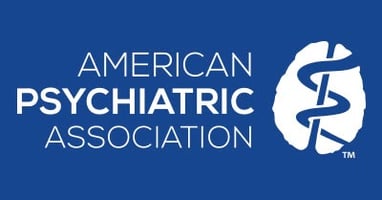Getting community organizations like churches, substance abuse programs, senior centers, and barber...
Psychiatrists Join in Healing Efforts After Charleston Murders
 |
South Carolina Psychiatric Association (SCPA) members, along with clinicians from Community Mental Health and the MUSC's National Crime Victims Center, supported the family assistance center coordinated by the Federal Bureau of Investigation to help those affected by the tragedy.
Various agencies continue to provide emotional and practical supports and referrals to the family and friends of the victims, said psychiatrist Edward Kantor, M.D., SCPA district branch disaster liaison and an associate professor and director of residency training at MUSC, in an interview.
The center was scheduled to close after three days, but has remained open for another week to accommodate family members coming from out of town, said Kantor.
The SCPA is also undertaking a broader needs assessment, in partnership with state and local partners, to look for concrete ways that psychiatry can support recovery efforts in the city and across the state, added David Beckert, M.D., an assistant professor of psychiatry at MUSC and SCPA vice president.
“Many families are affected, not just those in Charleston,” Beckert told Psychiatric News. “We are sifting through evidence-based material to help well people who are affected by the event but are not psychiatrically ill. They still need assistance in recovering.”
Kantor was impressed by the outpouring of unity and support in the city and state after the tragedy: “It feels like there is a genuine effort across the board to really come together in good faith to figure out how to move forward together.”
Edward Kantor, M.D., and David Beckert, M.D. are contributing authors to the American Psychiatric Publishing book Disaster Psychiatry: Readiness, Evaluation, and Treatment.
(Image: Darryl Brooks/Shutterstock.com)





